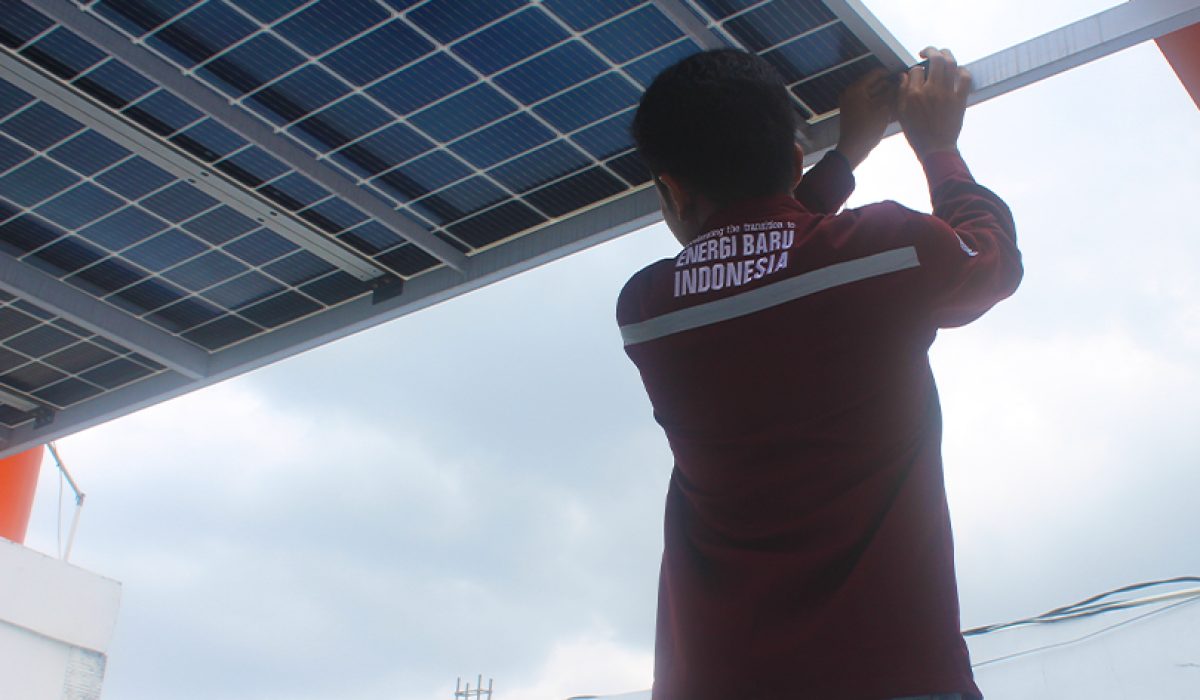An off-grid battery system is a crucial component of renewable energy systems.
Off-grid power supply systems are commonly used in remote areas where there is no access to the national electricity grid. They also work well for people living in remote areas with high electricity prices. Off-grid battery systems are an essential component of renewable energy systems because they store solar energy generated for use at night. Solar panels, wind turbines, or water turbines can provide power to your solar battery system; it is usually better to have more than one renewable energy source.
Off-grid systems are independent systems that do not rely on the national electricity grid for power. Off-grid systems can be used in various applications such as homes, schools, hospitals, and factories. They are also used to provide electricity to remote locations so that they can have access to electricity.
Electric power generation is a critical part of the global energy supply. This process involves the conversion of kinetic energy from wind, sun, hydro, or other sources into electrical energy. The electricity then flows through transmission lines and is stored in batteries for later use.
As renewable sources such as wind and solar become more popular, the need for energy storage also increases. Batteries can be used to store excess energy generated by renewable sources and release it later when needed.
The main challenge with renewable resources is that they cannot be sustained 24/7. They rely on natural resources such as sunlight or wind to generate power, but these resources are not always available when needed.
What Are the Types of Batteries?
Batteries are a vital component. One of them is in every electric vehicle. Batteries power the engine and store energy for the vehicle to use, and then they are plugged in to recharge. Tesla electric cars, for example, are powered by batteries that deliver an incredible acceleration.
But Tesla does not make its batteries, and it is unclear how much the car costs to make. Range extenders work in both directions: they can charge your car’s battery when it runs out and you are stranded on the side of the road and provide electricity to your home if you need it. As of January 2019, Tesla had sold more than 160,000 cars since 2008.
There are two main types of batteries used in electric vehicles: Li-ion and Lead-Acid. Li-ion batteries are lighter and provide more power, but they also have a shorter lifespan than lead-acid batteries. Lead-acid batteries are heavier and more durable, but they may not provide as much power as lithium-ion.
Lead-acid batteries are heavier than lithium-ion, but they can last longer before they need to be replaced. Lead-acid batteries are also cheaper, but they need to be refilled far more often than lithium-ion.
Lead-acid batteries have a higher energy density than lithium-ion and can last longer between charges. They are also cheaper and lighter in weight. However, lead-acid batteries require more maintenance and recharging than lithium-ion.
Lead-acid batteries are also cheaper than Li-ion batteries, which means that they are a better choice for consumers.
Lead-acid batteries have been around for a long time and are proven to be more reliable than Li-ion batteries. This is because lead-acid batteries can store more energy per unit volume than lithium-ion batteries. They are also cheaper to produce and can be recharged multiple times without degradation.
Furthermore, lead-acid batteries do not experience the same safety issues as Li-ion batteries, such as overheating or fires caused by chemicals.
Lead-acid batteries are also more difficult to fill, which means that electric vehicles that use this type of battery cannot run as smoothly.
As technology continues to advance, we can expect to see even more efficient and cost-effective battery systems that can further revolutionize the way we generate and use energy.


